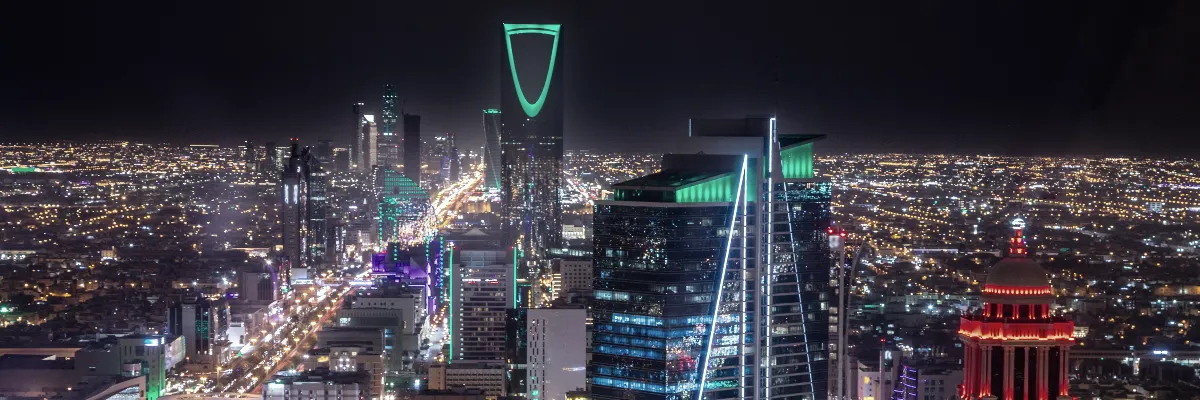Saudi Arabia offers 30-year tax relief plan to attract more regional corporate HQs

The Saudi government announced, on 6 December, a 30-year tax exemption package for foreign companies establishing their regional headquarters (RHQ) in Saudi Arabia. The incentive is a key part of its campaign to attract multinational enterprises (MNEs) to bring international investment and headcount to the Kingdom.
“The today announced 30-year tax incentive package for the Regional Headquarters (RHQ) Programme, to further streamline the process for multinational enterprises (MNEs) to establish their RHQ in Saudi Arabia.
The offer includes a 0% corporate tax rate for 30 years, which will be applied for companies “from the day they obtained their RHQ licence,” said a joint statement from the Ministry of Investment, in coordination with the Ministry of Finance and the Zakat, Tax & Customs Authority.
“The programme aims to attract MNEs to set up their RHQ in Saudi Arabia and position the Kingdom as the leading commercial, industrial and investment hub for the MENA region, by offering a range of benefits and premium support services that complement the Kingdom’s globally competitive value proposition,” the statement added.
The Saudi government announced its RHQ campaign in February 2021 by declaring that any foreign company that did not have its RHQ office in Saudi Arabia by the start of 2024 would be barred from doing business with state entities.
Saudi ministers reiterated this October that the ultimatum still held firm. The government said the RHQ programme had so far licensed more than 200 companies to operate their RHQs in the Kingdom.
“The tax incentive gives multinational companies operating in the region yet another reason to make Saudi Arabia home to their regional headquarters, on top of other benefits such as relaxed Saudization requirements and work permits for the spouses of RHQ executives,” said Saudi Minister of Investment Khalid Al-Falih.
The RHQ programme is a part of Vision 2030, an ambitious campaign launched by Crown Prince Mohammed bin Salman in 2016, which aims to create private sector jobs and diversify the Saudi economy away from oil as its population, of which 60% are under the age of 30, grows.
The Saudi government forecasts only a slight decrease in revenues in its 2024 budget despite extended oil production cuts and lower oil prices, with heavy spending planned as it presses on with mega-projects to boost its non-oil economy.
Economic growth surged last year amid a huge windfall from high crude prices which averaged about USD100 per barrel, resulting in the highest GDP growth among G20 nations and the country’s first budget surplus in almost a decade.
Saudi is midway through Vision 2030, which requires hundreds of billions in investments to help shift the economy away from hydrocarbon income, build big infrastructure projects to develop sectors such as tourism and industry, and expand the private sector.
Total expenditure next year is projected at USD334 billion, according to finance ministry figures, about 12% higher than was budgeted for 2023. Saudi Arabia estimated total revenues at USD300 billion in 2024. Estimated non-oil GDP growth of 5.9% is vastly outperforming the overall economy as oil GDP declines, leading to almost flat overall growth of 0.03%.
“We have already seen a few companies establish an RHQ in KSA with us, and this is indicative of the attractive incentives and bustling markets that Saudi Arabia is creating. With the deadline fast approaching, for those companies able and wishing to have government contracts on offer, it is crucial to consider a regional headquarters in Saudi,” said Olivia Baikova, Business Development Consultant at PRO Partner Group.
